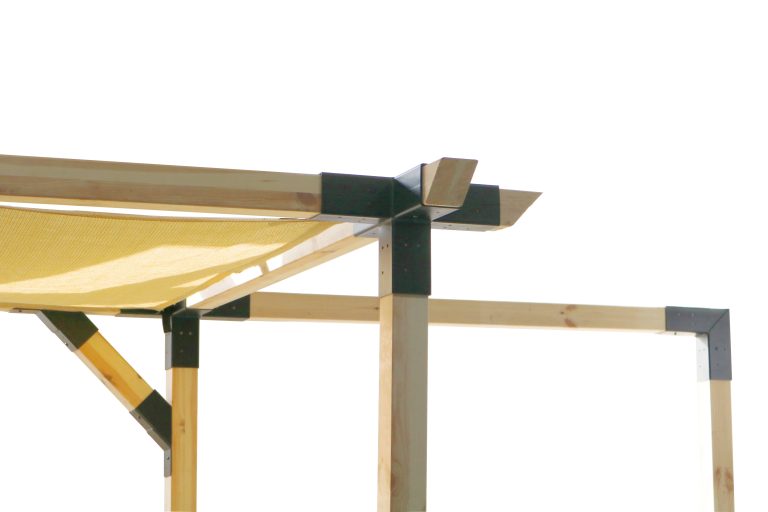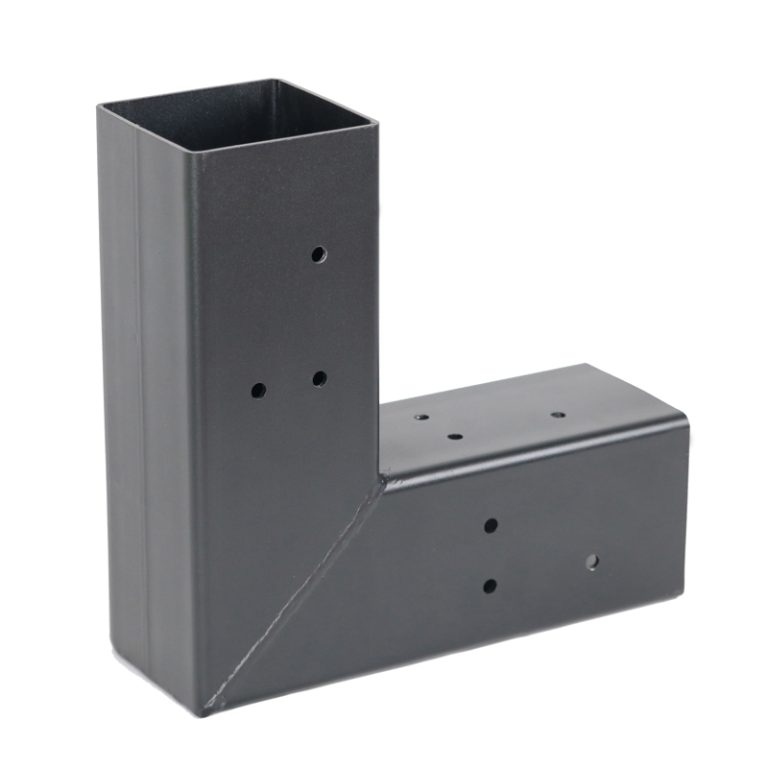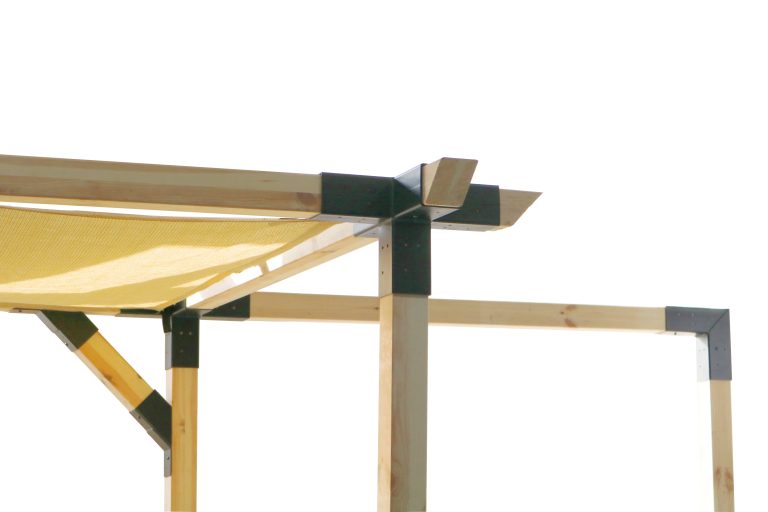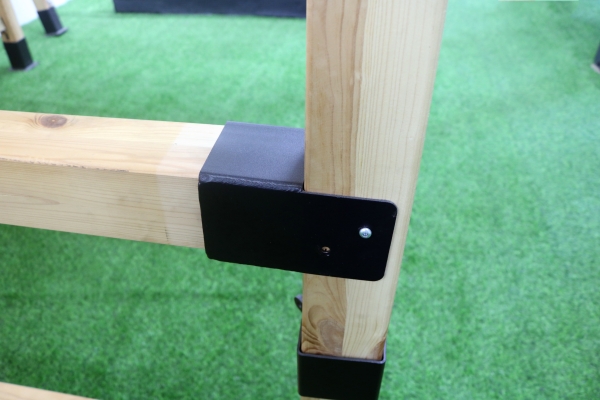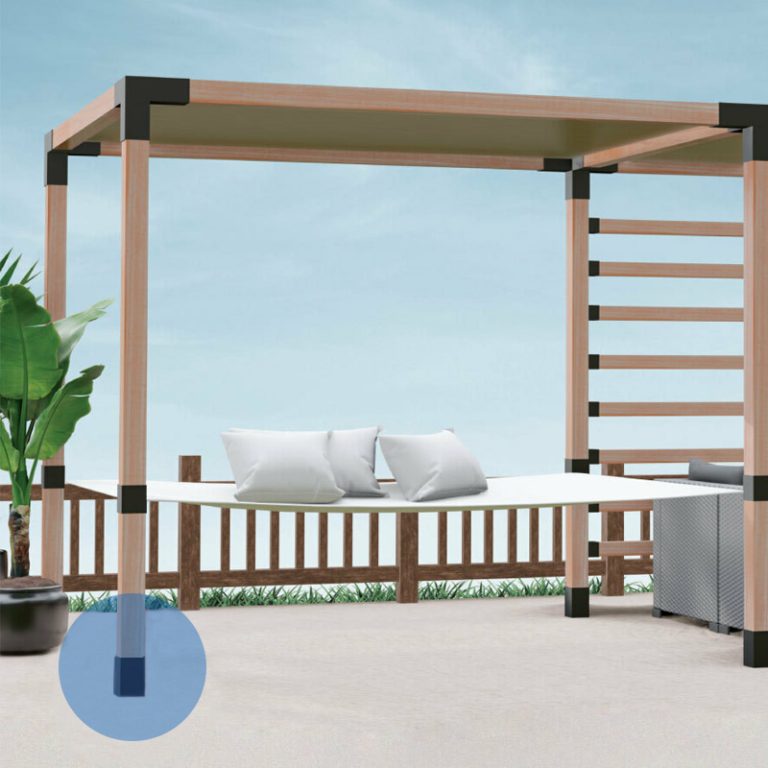Table of Contents
Do You Need a Permit For a Pergola In Florida
When considering adding a pergola to your property in Florida, one of the first questions that may come to mind is whether or not you need a permit for this type of structure. The answer to this question is not always straightforward, as it can vary depending on a number of factors. In this article, we will explore the regulations surrounding pergolas in Florida and discuss when a permit may be required.
In Florida, building permits are typically required for any new construction or structural alterations to existing buildings. This includes the construction of pergolas, which are considered to be a type of outdoor structure. The specific requirements for obtaining a permit for a pergola can vary depending on the size and location of the structure, as well as local building codes and regulations.
One of the key factors that can determine whether or not a permit is required for a pergola in Florida is the size of the structure. In general, if the pergola is less than 100 square feet in size and is not attached to a building, a permit may not be required. However, if the pergola is larger than 100 square feet or is attached to a building, a permit will likely be necessary.
Another important consideration when determining whether a permit is needed for a pergola in Florida is the location of the structure. In some areas, there may be specific zoning regulations that dictate where outdoor structures can be built on a property. For example, in some residential neighborhoods, there may be restrictions on the height or placement of pergolas. It is important to check with your local building department or zoning office to determine if there are any specific regulations that apply to your property.
In addition to size and location, the materials used to construct the pergola can also impact whether or not a permit is required. In Florida, certain types of materials may be subject to additional regulations or restrictions. For example, if you are using pressure-treated lumber or other treated wood products, there may be specific guidelines that must be followed to ensure the safety and structural integrity of the pergola.
Overall, the decision of whether or not to obtain a permit for a pergola in Florida should not be taken lightly. Failure to obtain the necessary permits can result in fines, penalties, or even the removal of the structure. It is always best to err on the side of caution and check with your local building department or zoning office to determine what regulations apply to your specific situation.
In conclusion, while the regulations surrounding pergolas in Florida can be complex and vary depending on a number of factors, it is important to ensure that you are in compliance with all applicable laws and regulations. By taking the time to research and understand the requirements for obtaining a permit for a pergola, you can avoid potential issues and ensure that your outdoor structure is safe and structurally sound.
4”x4” Timber Pergola Brackets Japan
When it comes to constructing a pergola, one of the key components to consider is the type of brackets that will be used to support the structure. In Japan, 4”x4” timber pergola brackets are a popular choice due to their durability and strength. These brackets are designed to securely hold the beams and rafters in place, ensuring that the pergola is stable and able to withstand the elements.
One of the main advantages of using 4”x4” timber pergola brackets in Japan is their ability to withstand the harsh weather conditions that are common in the country. Japan experiences a wide range of weather patterns, including heavy rain, strong winds, and even occasional earthquakes. As a result, it is important to use brackets that are strong and durable enough to withstand these conditions. The 4”x4” timber pergola brackets are made from high-quality materials that are able to withstand these elements, making them an ideal choice for pergola construction in Japan.
In addition to their durability, 4”x4” timber pergola brackets are also known for their aesthetic appeal. These brackets have a sleek and modern design that can enhance the overall look of the pergola. Whether you are looking to create a traditional Japanese-style pergola or a more contemporary design, these brackets can be customized to suit your specific needs. They are available in a variety of finishes and styles, allowing you to create a pergola that complements your outdoor space.
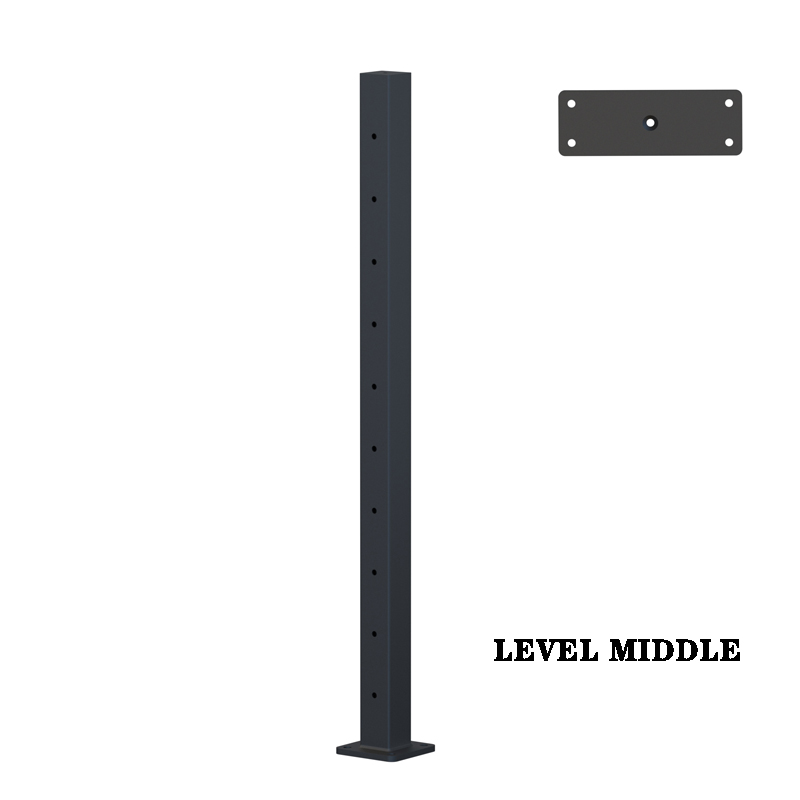
When it comes to constructing a pergola in Japan, it is important to consider the regulations and requirements that may apply. In some cases, a permit may be required before you can begin construction on your pergola. The specific regulations vary depending on the location and size of the pergola, so it is important to check with your local government office to determine what is needed. In general, if your pergola is over a certain size or height, you may need to obtain a permit before you can begin construction.
In Florida, the regulations regarding pergola construction are similar to those in Japan. Depending on the size and location of the pergola, you may need to obtain a permit before you can begin construction. In some cases, a permit may not be required if the pergola is considered a temporary structure or if it meets certain size and height requirements. However, it is always best to check with your local government office to ensure that you are in compliance with all regulations.
When constructing a pergola in Florida, 4”x4” timber pergola truss can be a great choice for supporting the structure. These trusses are designed to provide additional support and stability to the pergola, ensuring that it is able to withstand the elements. The 4”x4” timber pergola truss is made from high-quality materials that are able to withstand the harsh weather conditions that are common in Florida, making it an ideal choice for pergola construction in the state.
Overall, 4”x4” timber pergola brackets are a popular choice for pergola construction in Japan and Florida. These brackets are known for their durability, strength, and aesthetic appeal, making them an ideal choice for supporting a pergola. Whether you are constructing a pergola in Japan or Florida, it is important to consider the regulations and requirements that may apply to ensure that your pergola is built safely and in compliance with all regulations.

